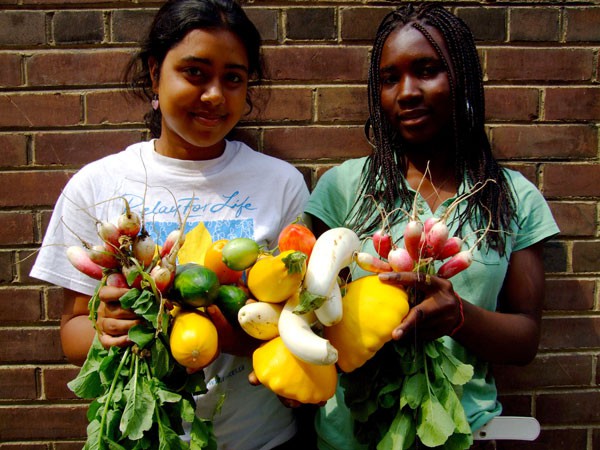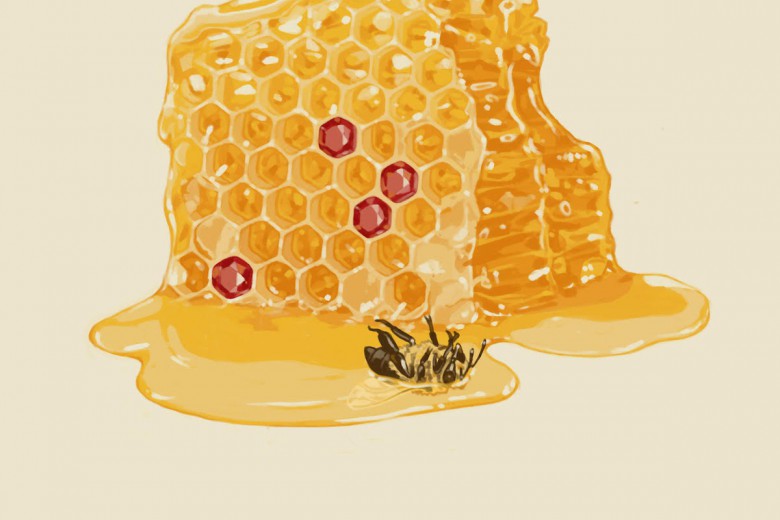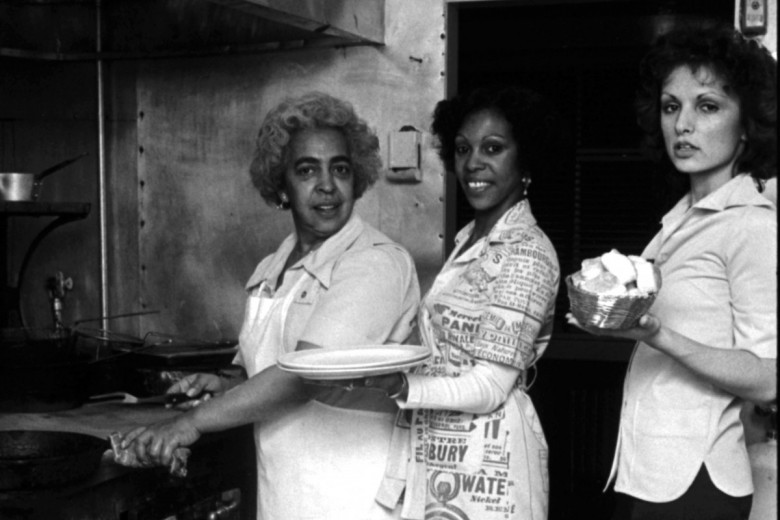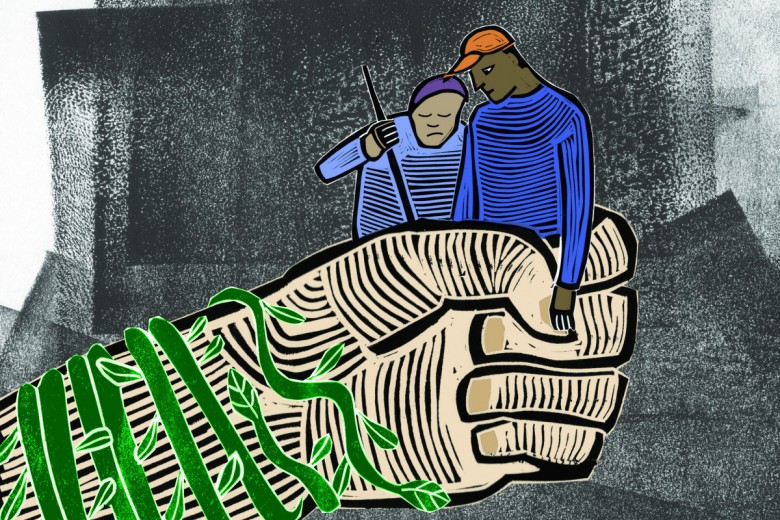
“It may be the politics of food that has the greatest capacity for self-organization – more than resistance to surveillance, resistance to oppression, and struggles for better wages and health care. Nothing connects everything like food.” — Stan Goff, Energy War
From the outbreak of listeriosis in Canada to the eruption of food riots across the global south, from the eating of mud cakes in Haiti to stave off hunger pangs to the growing of Canadian crops to fuel our vehicles, there is perhaps no more politically charged issue today than food – how it is grown, who controls its processing and distribution and who eats what (or who doesn’t eat at all).
Briarpatch last took a sustained look at food politics two years ago in our February 2007 “food and fuel” issue. It’s instructive to consider how much has changed since then. The trends we highlighted in that issue – falling crop yields and falling global grain stocks, inequitable distribution, industrial agriculture’s dangerous reliance on fossil fuels – have now reached a breaking point in many parts of the world. Prices for staples such as rice and wheat skyrocketed early last year, taking a tremendous toll on the millions around the globe who live on less than two dollars a day, while the economic crisis that followed is further swelling the ranks of the underfed. But whereas the outlook of our last food issue was decidedly bleak, the current issue of Briarpatch, though it certainly doesn’t shy away from the enormity of the challenges we face in building an equitable and ecologically sound food system, is far more hopeful.
And not without reason. Largely in response to the world food crisis of 2008, we have seen unprecedented growth and proliferation of food activism projects of all kinds and at all levels, from the most local and personal to the most global and politically radical. Last May, for instance, the Tyee reported a dramatic increase in the number of Canadians growing food gardens, while the world’s largest peasant movement, La Vía Campesina, is pushing ahead with its efforts to democratize the world food system (p. 10). When the call for submissions for this issue went out, we were inundated with queries offering to profile dozens of new activities, groups or movements that are changing the way we produce and consume food. We’ve included as many of these profiles in this issue as our limited space allows (p. 20).
The picture that emerges from this issue’s exploration of “the politics of food” is surprisingly upbeat: we seem to be witnessing the birth of a new global movement (or what Naomi Klein might call a “movement of movements”) that could eventually transform not just the food system, but the very fabric of our societies. The new food activists have already demonstrated tremendous creativity and ingenuity in their work, as well as an impressive capacity for connecting the dots between issues as disparate as poverty, climate change, international trade and human health. Many of these issues, they are realizing, share common causes and so deserve coordinated responses.
As the global recession deepens, projects rooted in food security and community self-sufficiency continue to thrive precisely because they respond to our most basic needs. Food, by virtue of its status as one of the fundamental elements/aliments of human life on earth, has enormous power to unite people and build bridges between local, small-scale actions and global issues of social and environmental justice. Let the food fights begin.
There is a deceptively simple Spanish expression, habitually spoken at meal time, that seems an appropriate way to close this introduction to the food issue: Buen provecho.
It’s a shame there is no English equivalent for the expression. Roughly translated, it means, May you derive nourishment from what you are about to consume.
p.s. This issue marks our transition from tri-fortnightly to bigger bimonthly publication. Let us know what you think of the new format, and look for our March/April “gender & sexuality” issue in early March.






